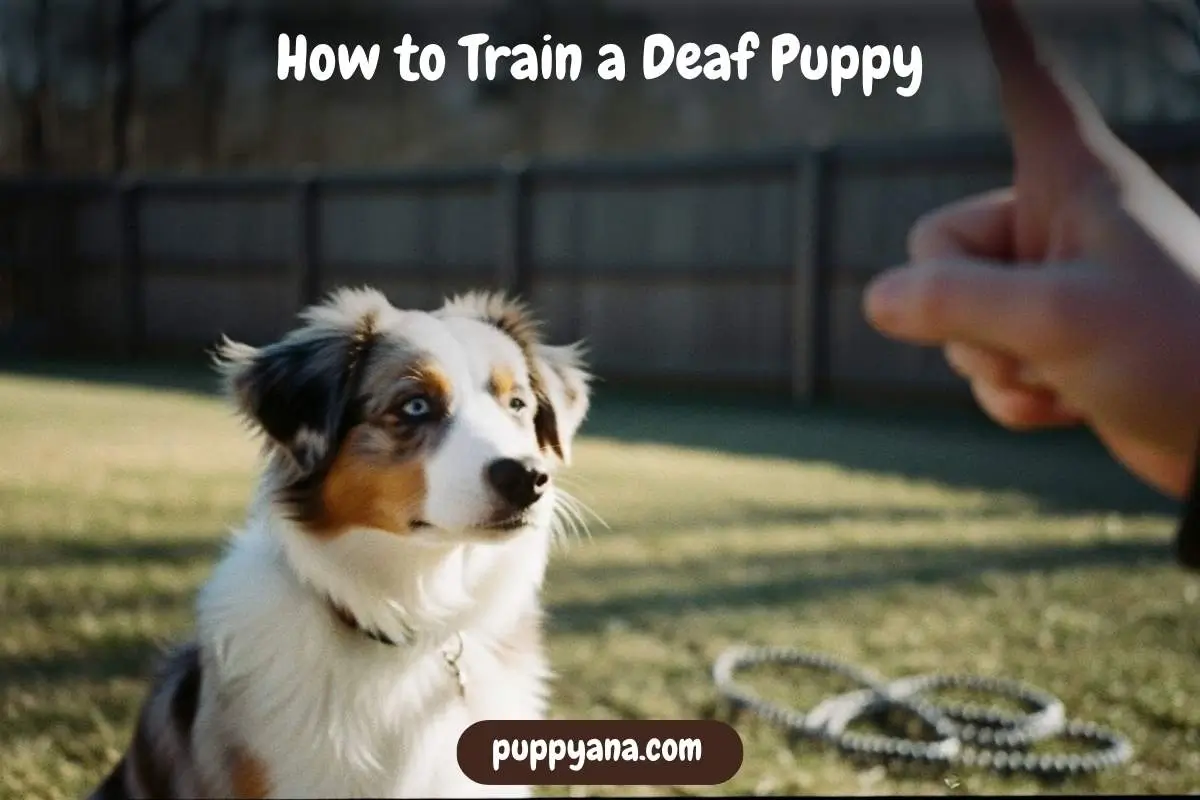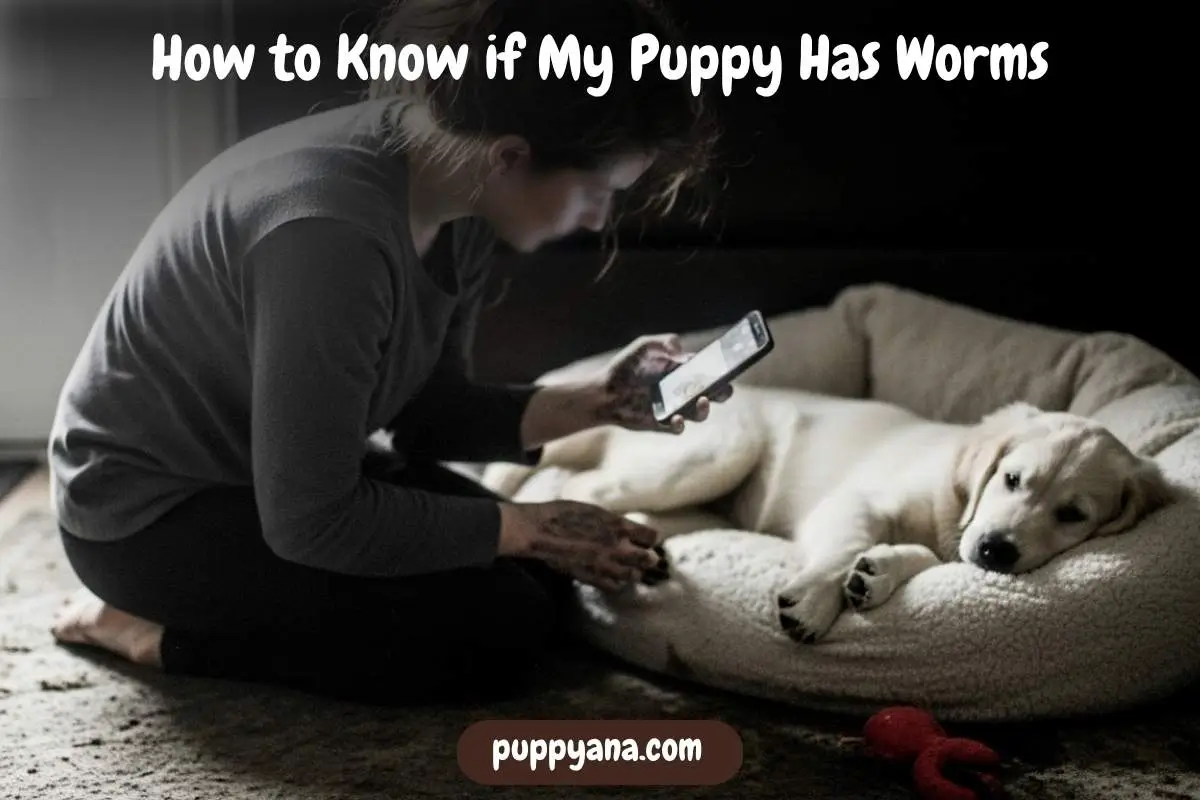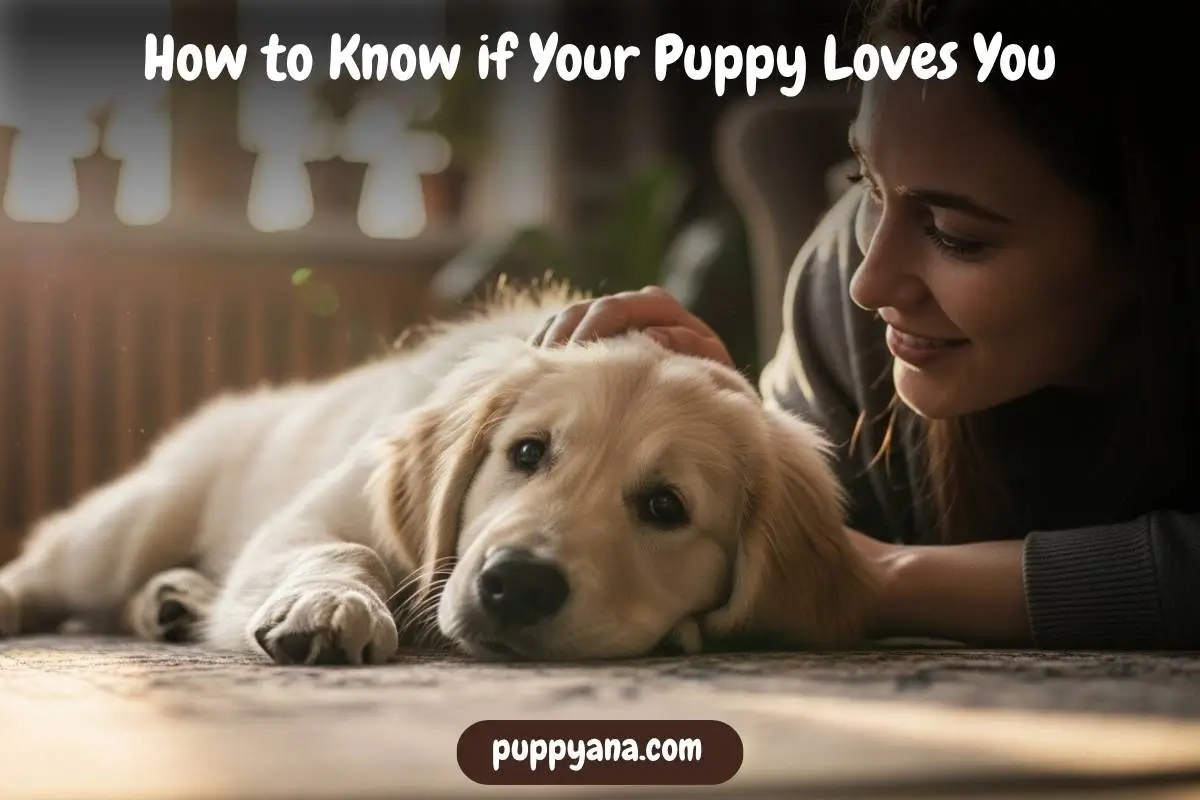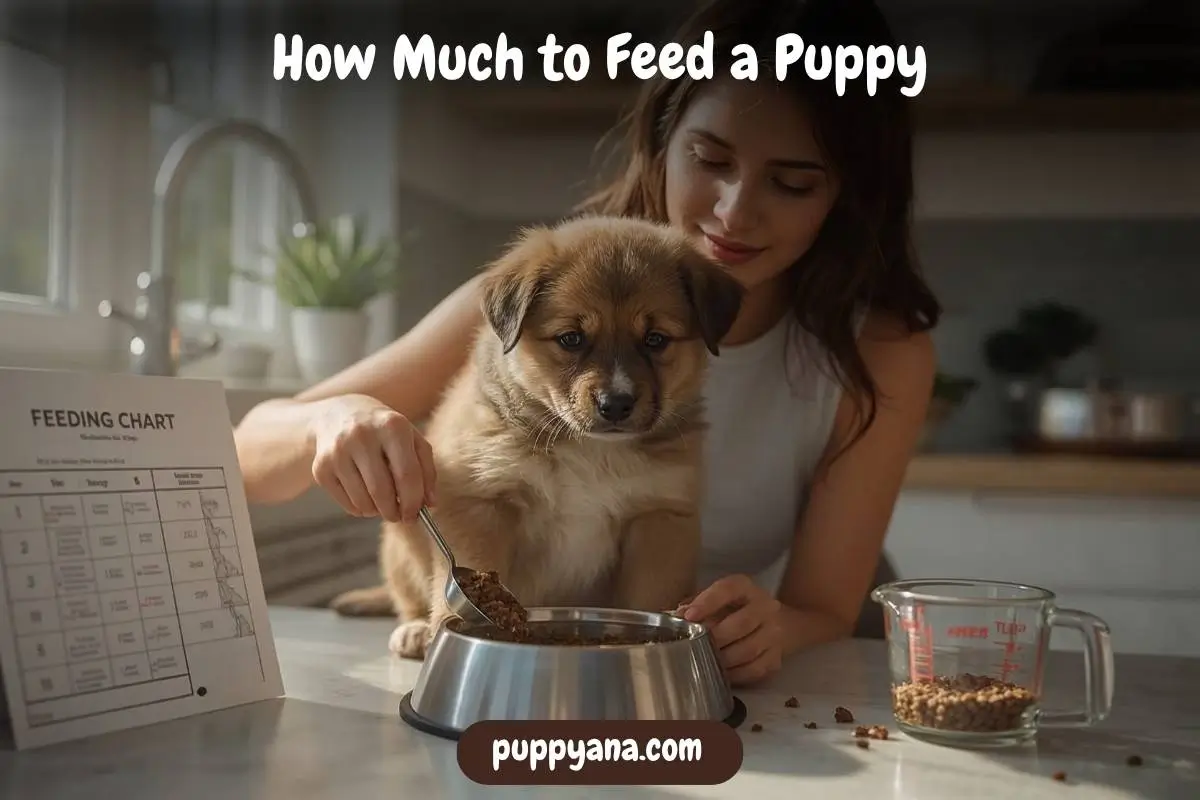As COVID-19 has made its impact across the globe, dog owners continue asking a serious question: Can dogs get COVID?
With social distancing, mask-wearing, and worldwide concern about human health, it’s only natural to wonder if our pets are at risk, and what that means for you and your household.
In this guide, we’ll break down everything you need to know: whether dogs can catch or carry COVID, what symptoms to watch for, how it spreads, and practical steps to protect both you and your dog.
Let’s clear up the confusion once and for all.
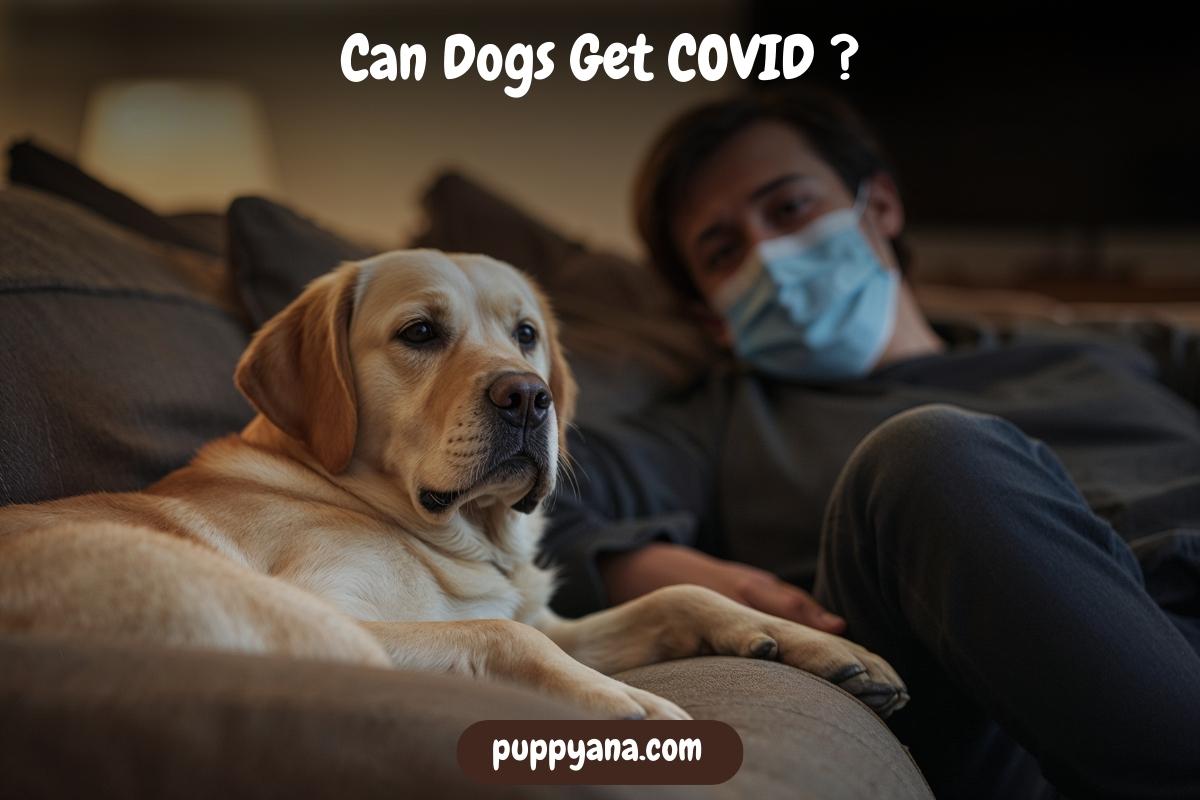
Table of Contents
ToggleCan Dogs Get COVID?
Yes, but not in the same way humans do.
Dogs can test positive for the virus that causes COVID-19, but the leading health organizations agree: dogs are extremely unlikely to get seriously sick, and they play no major role in spreading the virus to people.
According to the Centers for Disease Control and Prevention (CDC), there have been rare cases where dogs contracted the virus, mostly from close contact with an infected human. However, in nearly all reported cases, dogs showed either no symptoms or very mild symptoms, and recovered quickly.
The American Veterinary Medical Association (AVMA) and World Health Organization (WHO) support this, stating that pets are not a significant source of transmission for COVID-19.
How Do Dogs Get COVID?
Just like humans, dogs can get infected when exposed to the virus, but this exposure usually comes through close, ongoing contact with someone who has COVID-19.
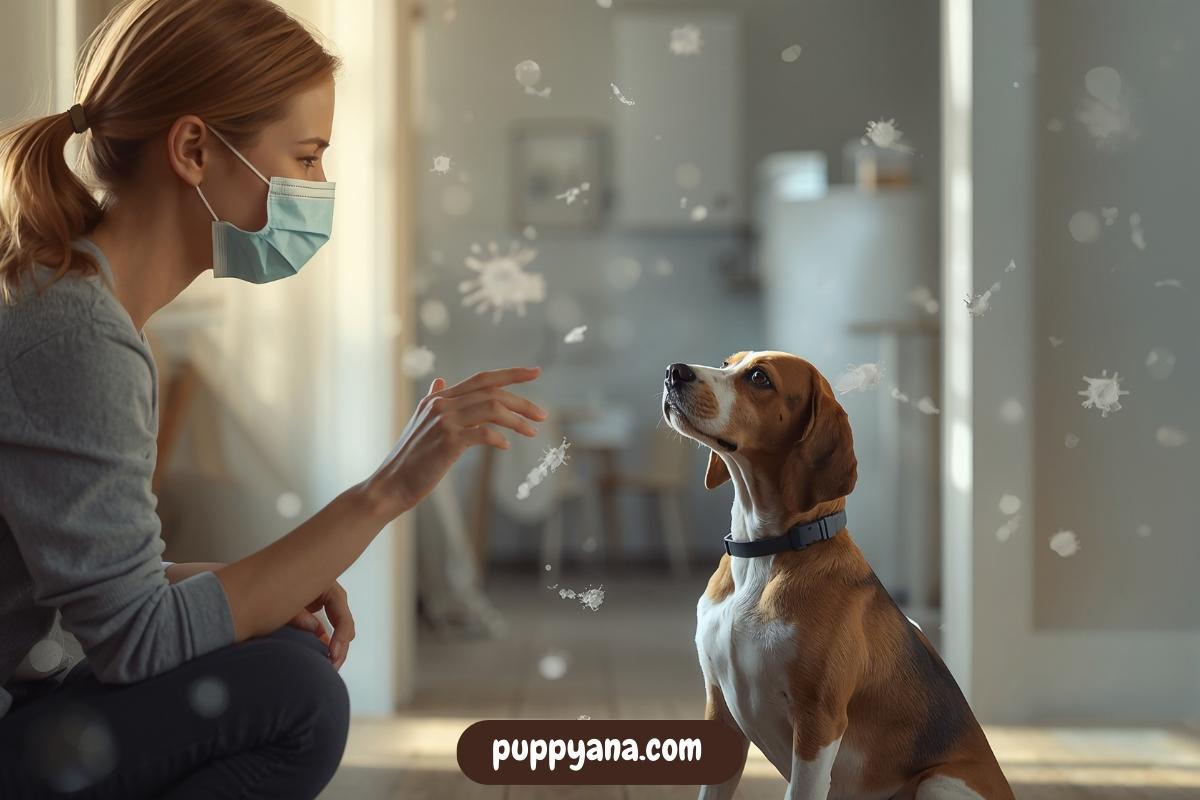
COVID may spread to your dog through:
- Sneezing or coughing near them while infected
- Touching your dog’s fur or face after handling contaminated items
- Kissing or sharing food with your dog while you’re sick
Still, most dogs that were exposed to people testing positive did not become ill themselves, and no hard evidence shows dogs spreading it to people.
The AVMA advises pet owners with COVID to limit interaction with pets, avoid sharing beds or kisses, and let another member of the household care for them temporarily until you’re well again.
Can Dogs Spread COVID to Humans or Other Dogs?
To date, there is no confirmed evidence that dogs can spread COVID-19 to humans.
According to the World Organisation for Animal Health (WOAH), there have been isolated reports of animals infected by humans, but none that show pets giving the virus back to people or transmitting it to other animals in meaningful ways.
That said, dogs’ fur could theoretically carry respiratory droplets for a short time, much like a surface would. This is not the same as being infectious, and cleaning your hands after interaction is the best defense.
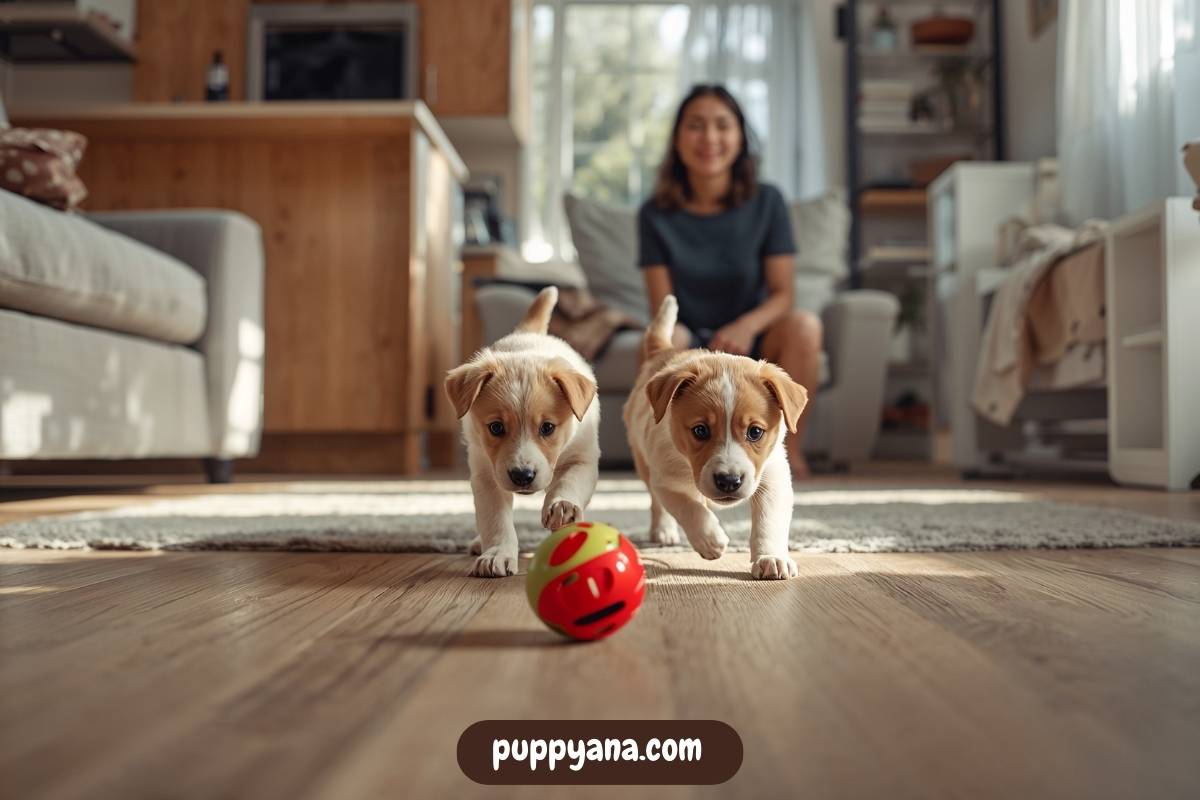
Should You Worry About Your Dog Getting COVID?
In most cases, no.
Most dogs don’t get infected, and even those who do usually have mild or no symptoms. But if your dog is very young, very old, or has an underlying condition (like respiratory or immune issues), err on the side of caution, just as you would with another family member.
Here’s what’s more important: protect your dog by keeping yourself healthy. If you’ve tested positive, avoid lots of contact with your pup, don’t share food, and do not kiss their face.
As noted by PetMD, infected humans should wear a mask near pets if they must walk or feed them, while ensuring the pets stay indoors or in low-risk outdoor areas like fenced-in yards.
Can Dogs Get COVID from Other Dogs?
Current data shows this is extremely unlikely. There have been no large-scale cases showing dog-to-dog transmission.
Dog parks, kennels, and grooming salons continue to operate safely (with precautions), but your biggest concern at these locations should be human exposure, not canine spread.
Still, if your dog is coughing or showing symptoms, be respectful and avoid exposing them to other dogs until you’ve consulted with a vet. This keeps others’ pets safe and addresses what could possibly be flu or kennel cough instead.
Symptoms of COVID-19 in Dogs
While extremely rare, some infected dogs have shown mild symptoms, typically appearing a few days after contact with an infected person.
The most commonly reported symptoms include:
- Dry or occasional cough
- Sneezing
- Lethargy or tiredness
- Low appetite
- Mild fever
- Nasal discharge
- Slight difficulty breathing (rare)
If your dog shows any of these symptoms and you recently tested positive for COVID, it’s best to reach out to your vet right away. They may recommend testing for peace of mind—but otherwise, treatment is often supportive care at home, just like with a mild respiratory infection.
What to Do If You Think Your Dog Has COVID
Don’t panic.
Here’s what to do:
- Call your veterinarian for advice. They may ask about symptoms or whether testing is necessary.
- Limit your dog’s contact with people or other animals for at least 10–14 days.
- Support them with rest, hydration, and normal feeding.
- Continue to wash your hands before and after caring for your dog.
It’s important not to abandon or surrender your dog out of fear. COVID-related symptoms in dogs are rare, mild, and manageable with vet advice.
The Humane Society emphasizes this: people shouldn’t be afraid to care for sick pets. There is no cause for discrimination or panic if an animal tests positive.
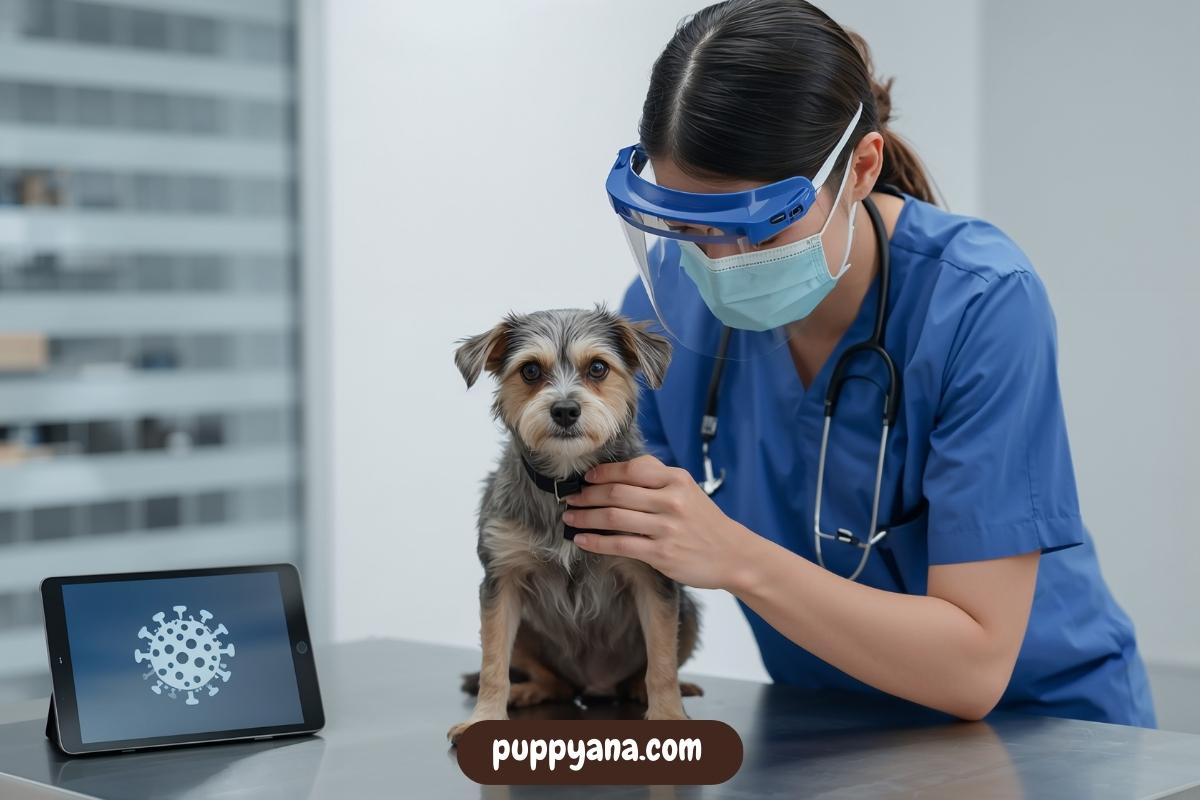
Can Dogs Be Tested for COVID?
Yes, but only in rare cases.
Veterinarians can arrange COVID-19 testing for dogs, but it’s usually not necessary unless:
- Your dog shows symptoms AND
- Has been exposed to a confirmed human case of COVID-19
Your vet will work with a public health lab to determine if testing is needed based on guidelines from the USDA.
Regular veterinary clinics do not perform dog COVID tests in-house.
Do Dogs Need a COVID Vaccine?
As of now, dogs do not need a COVID-19 vaccine.
There is no approved vaccine for COVID-19 in dogs, and no recommendations from veterinary associations or government agencies to develop one for household pets.
Focus instead on their core vaccines, like for distemper, parvovirus, rabies, and kennel cough. These diseases remain much more dangerous for dogs than COVID-19.
How to Keep Your Dog Safe from COVID (and Yourself)
Here’s what you can do to reduce any minimal risks related to COVID:
For Healthy Owners:
- Practice regular hand hygiene before and after petting your dog
- Avoid letting strangers pet your dog in crowded settings
- Wipe your dog’s paws after walks in busy public areas
If You’re Sick:
- Avoid snuggling, kissing, or face-to-face contact
- Let another household member care for your dog
- Keep your home well-ventilated
- Wear a mask and wash hands before feeding or interacting with your pet
If you live alone, try to care for your dog with as little close contact as possible, just like you would avoid sidesleeping with a friend or family member while ill.
According to AVMA, following basic precautions dramatically lowers any risk posed to pets, and helps keep veterinary staff safe during emergency visits.
Does COVID-19 Change How We Should Care for Our Dogs?
Not drastically, but it has highlighted the need for better hygiene, preparation, and planning in pet households.
COVID taught us that:
- Preparing for quarantines with enough food and medication for your dog is smart
- Avoiding human-style social contact between our dogs (dog cafes, crowded events) can be helpful in certain seasons
- Regular telehealth vet access is increasingly useful for minor care or behavior concerns
So while COVID-19 might not be a huge medical threat to your dog, it’s certainly changed our approach to wellness and safety for the whole household.
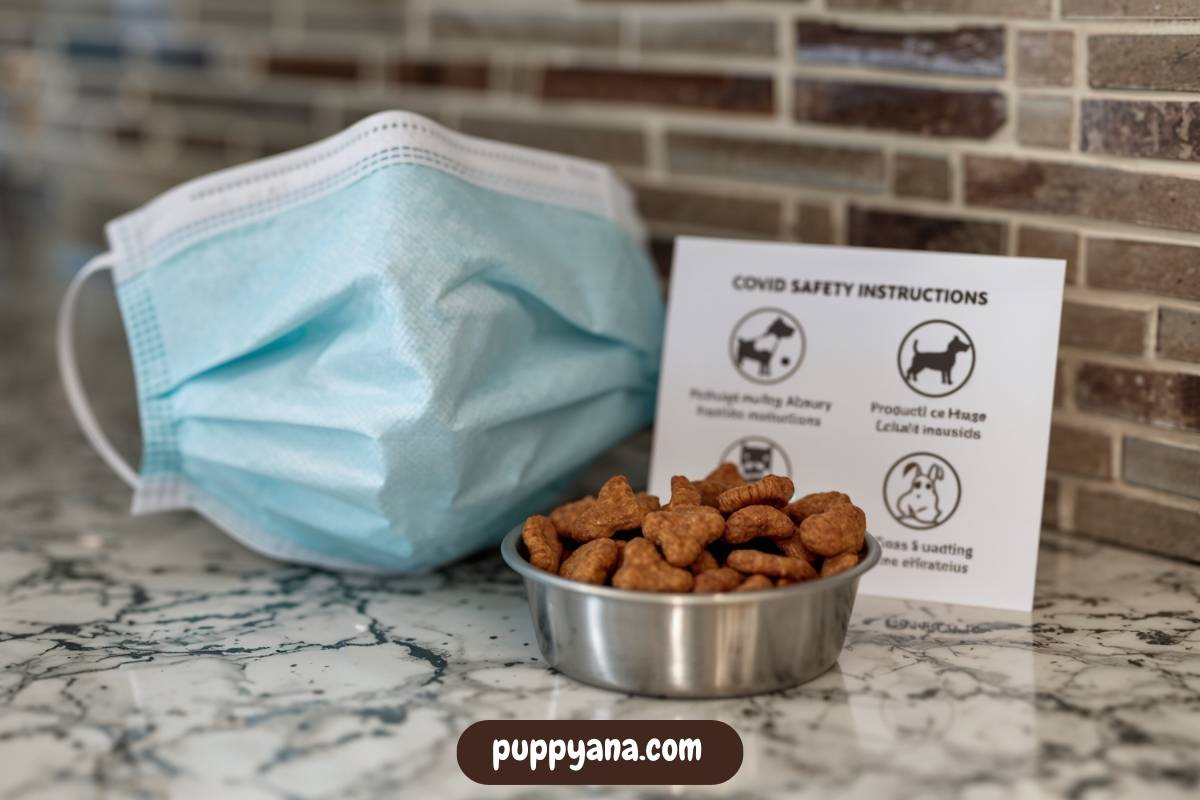
Conclusion
So, can dogs get COVID? Yes, but only in very rare cases, and it’s usually mild if they do.
You don’t need to panic or make dramatic changes to your life as a dog owner. But you should stay informed, watch for any symptoms, and avoid exposing your dog if you’re sick yourself.
And if your dog does test positive or feel under the weather after being around someone who has COVID, don’t worry, you’re not alone, and recovery is very likely with proper vet guidance.
Stay calm. Stay clean. And keep your pup close, just not too close if you’re stuck in quarantine.
Frequently Asked Questions
Can dogs get COVID from humans?
Yes, but it’s rare. Most infected dogs caught it from close contact with a COVID-positive person.
Can dogs spread COVID to people?
No. There’s no evidence that dogs can transmit COVID-19 back to humans.
What should I do if my dog shows symptoms of COVID?
Contact your vet, isolate your dog from other animals, and provide fluids and rest while symptoms resolve.
Do dogs need a COVID vaccine?
No. There is no approved COVID vaccine for dogs, and they don’t require one.
Is it safe to adopt or foster dogs during COVID?
Yes, absolutely. Shelter protocols are in place, and the risk of transmission from pets is extremely low.
Can COVID-19 live on a dog’s fur?
The virus may survive briefly on fur, just like other surfaces, but it’s not a source of active transmission.
Should I wipe down my dog after walks?
It’s a good idea during outbreaks or if you live in a high-contact environment—especially wiping paws.
Is coughing always a sign of COVID in dogs?
No, coughing could be kennel cough, flu, or allergies. Don’t assume—it’s best to check with your vet.
How long should I isolate my dog if I have COVID?
Keep pets away from others just like people, for about 10–14 days or until your vet gives the all-clear.

